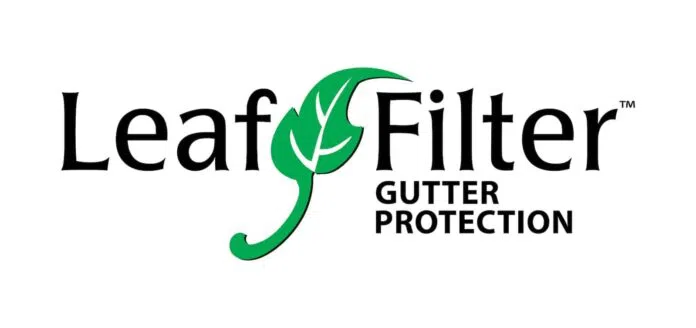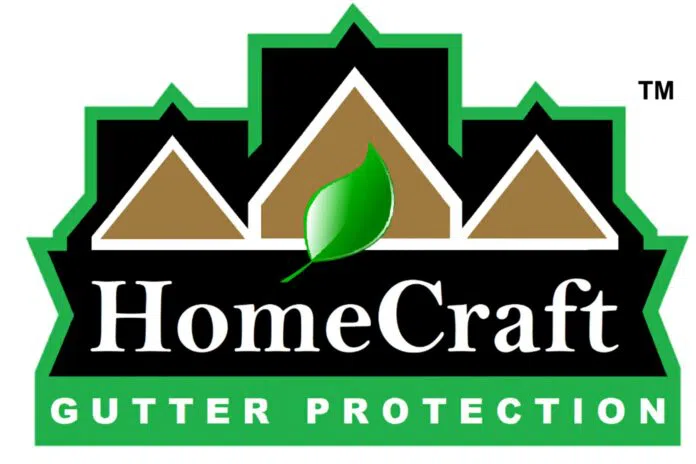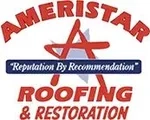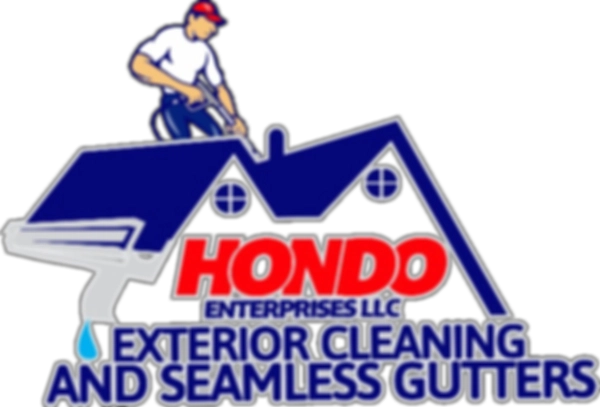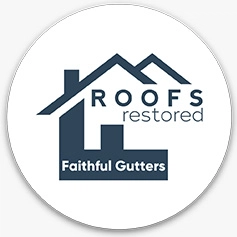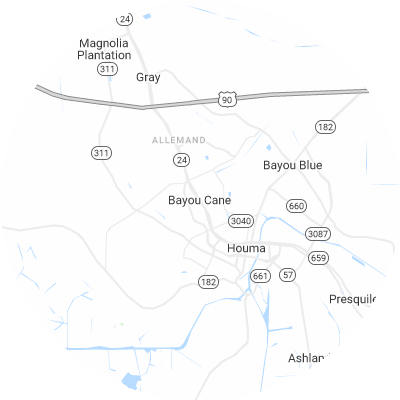Signs You May Need Gutter Guards
Gutter guards aren't always necessary, but the signs of clogged and overflowing gutters are clear. Signals of ongoing gutter troubles are:
- Soggy ground or visible erosion around your house's foundation
- Visibly saggy, damaged, or misaligned gutters that no longer correctly direct rainwater
- Frequent clogs that lead to overflow and water spilling over gutters
- Leaky seams or joints where water leaks from the gutters
- Mold growth, interior wall stains, or peeling exterior paint on walls near gutters.
How To Choose a Gutter Guard Installer
Assess Their Experience
When choosing an installation company, look for one with considerable experience and knowledge about various brands and guard types. An experienced company will understand how to take measurements and install gutter guards for your specific needs. Ask about a provider's years of experience and request referrals from local customers.
Verify Proper Licensing and Insurance
Make sure that any companies you're considering are properly licensed, bonded, and insured, with both workers compensation and general liability protection. This shields you from liability for possible injuries and accidents. Ask potential providers for current licensing and insurance papers.
Choose Reputable Brands
Look for companies that carry tenured and trustworthy gutter guard brands like Gutter Helmet and LeafFilter. Avoid companies that offer only generic no-name guards or their own off-brands, which may lack rigorous testing.
Seek Custom Fit Services
For top performance, guards should be sized and trimmed on-site to fit your gutters. Select a company that custom sizes and cuts guards for your home rather than using one-size-fits-all guards. Correctly fitted guards won't have any gaps where debris can get trapped.
Examine Warranties
High-quality gutter guard companies typically offer 20-year or lifetime warranties for clogs, leaks, rust, and other problems. Before choosing a company, carefully read through the warranty terms for materials and workmanship guarantees. Warranties are an excellent way to protect your gutter investment.
Check Reviews and Referrals
Take some time to look at online reviews on sites such as Google Reviews, the Better Business Bureau (BBB), or Yelp to hear more about customer experiences. You can also ask neighbors to suggest quality local gutter guard companies. When researching providers, it's best to choose companies with a history of good reviews instead of just one or two reviews.
Types of Gutter Guards
There are six primary types of gutter guards. These include the following:
- Brush guards are made of large brush bristles that partially obstruct your gutters, allowing water to pass through while blocking debris. Brush guards cost roughly $4.05 per linear foot.
- Foam guards consist of pieces of foam that are placed in your gutters to block debris. They're light and easy to install. On average, you can expect to spend $2.46 per linear foot for foam guards.
- Screen guards have large holes that allow water to pass through while stopping debris. On average, you can expect to pay $4.42 per linear foot for screen guards.
- Mesh guards have smaller holes than screen guards and similarly catch debris while allowing water to filter through. Mesh guards are durable and allow debris to slide off rather than sit on your gutters. On average, you can expect to spend $4.16 per linear foot for mesh guards.
- Micro-mesh guards are usually the most effective. Micro-mesh guards have smaller holes than regular mesh guards and allow even less debris through. On average, you can expect to spend $5.23 per linear foot for micro-mesh guards.
- Surface tension guards, also called reverse curve guards, use surface tension to encourage water to flow into gutter system while debris slides off. Typically, they can be seen from the ground. On average, you can expect to pay $3.25 per linear foot for surface tension guards.

